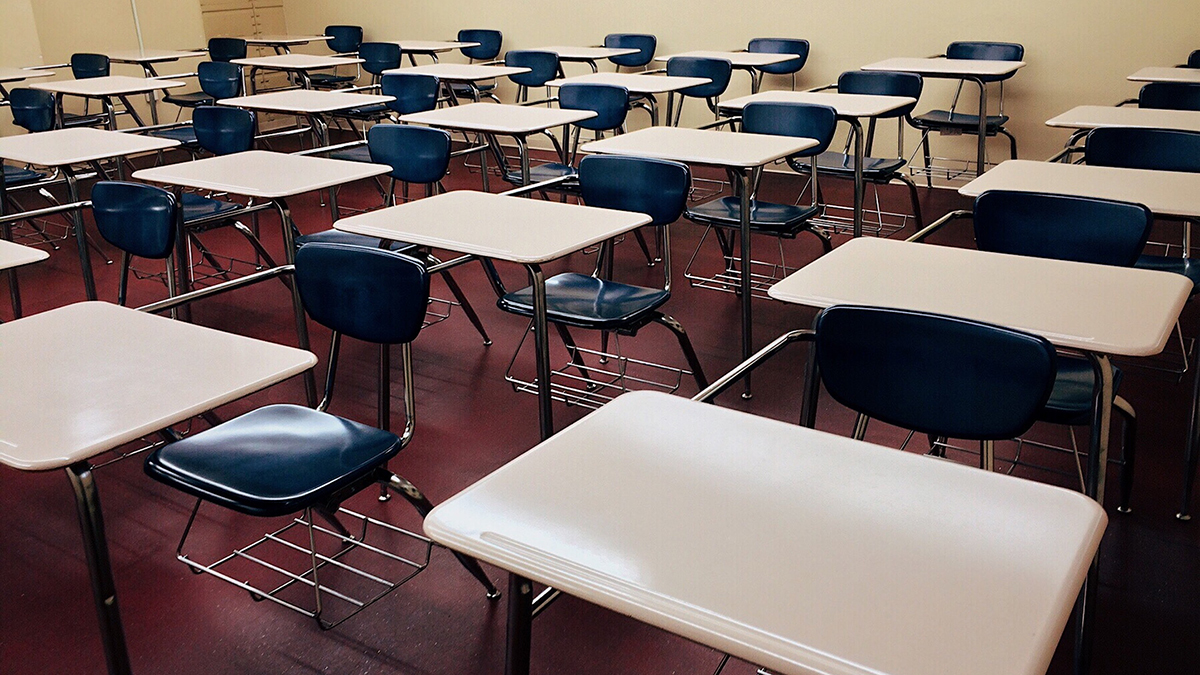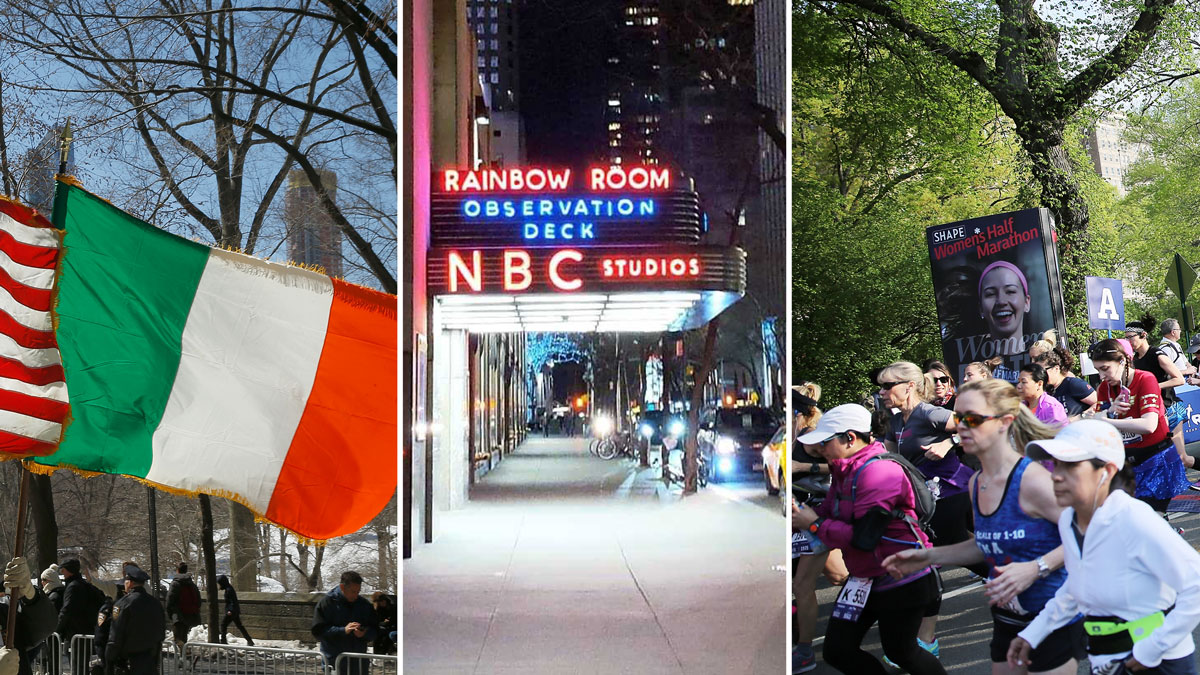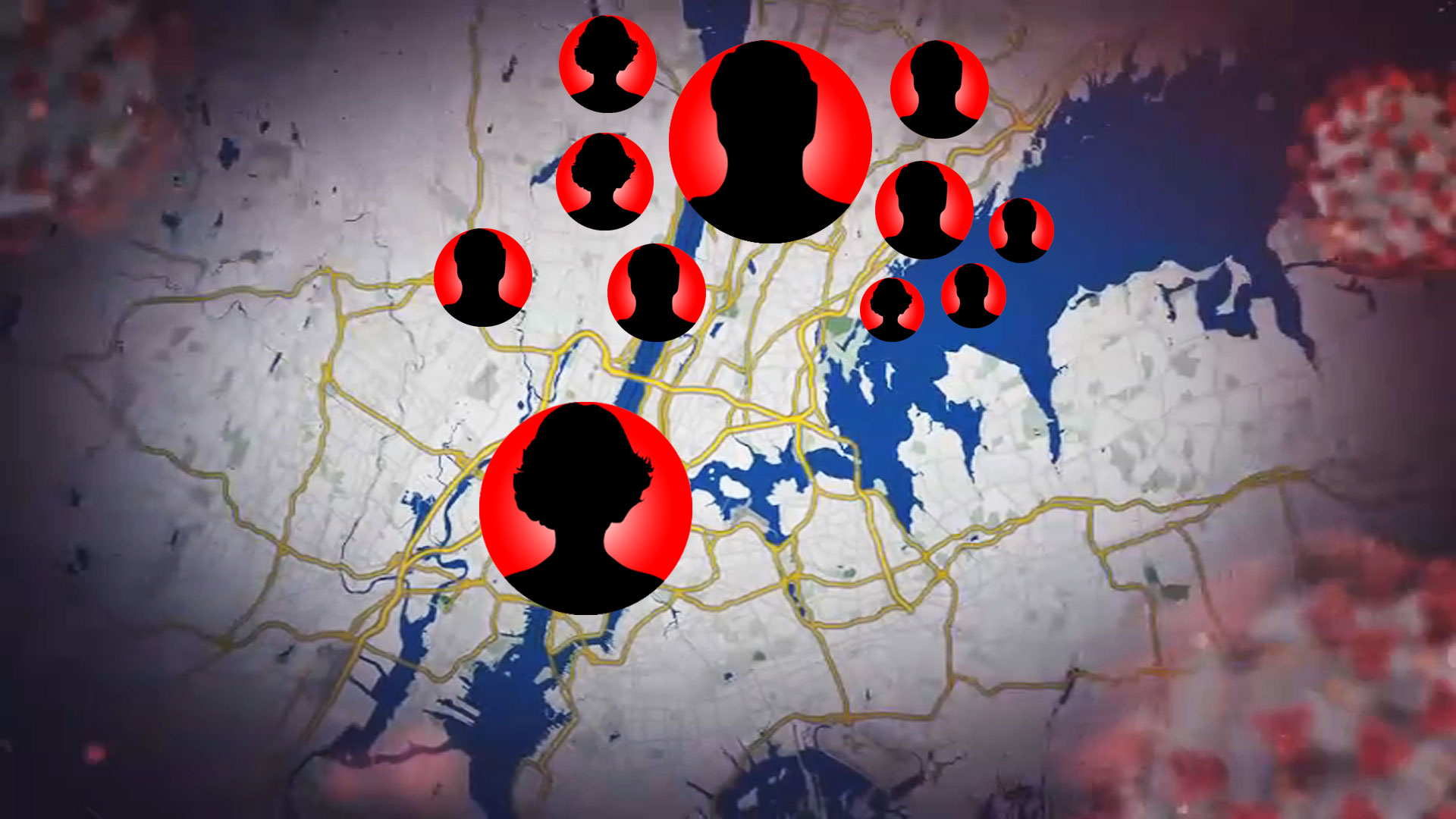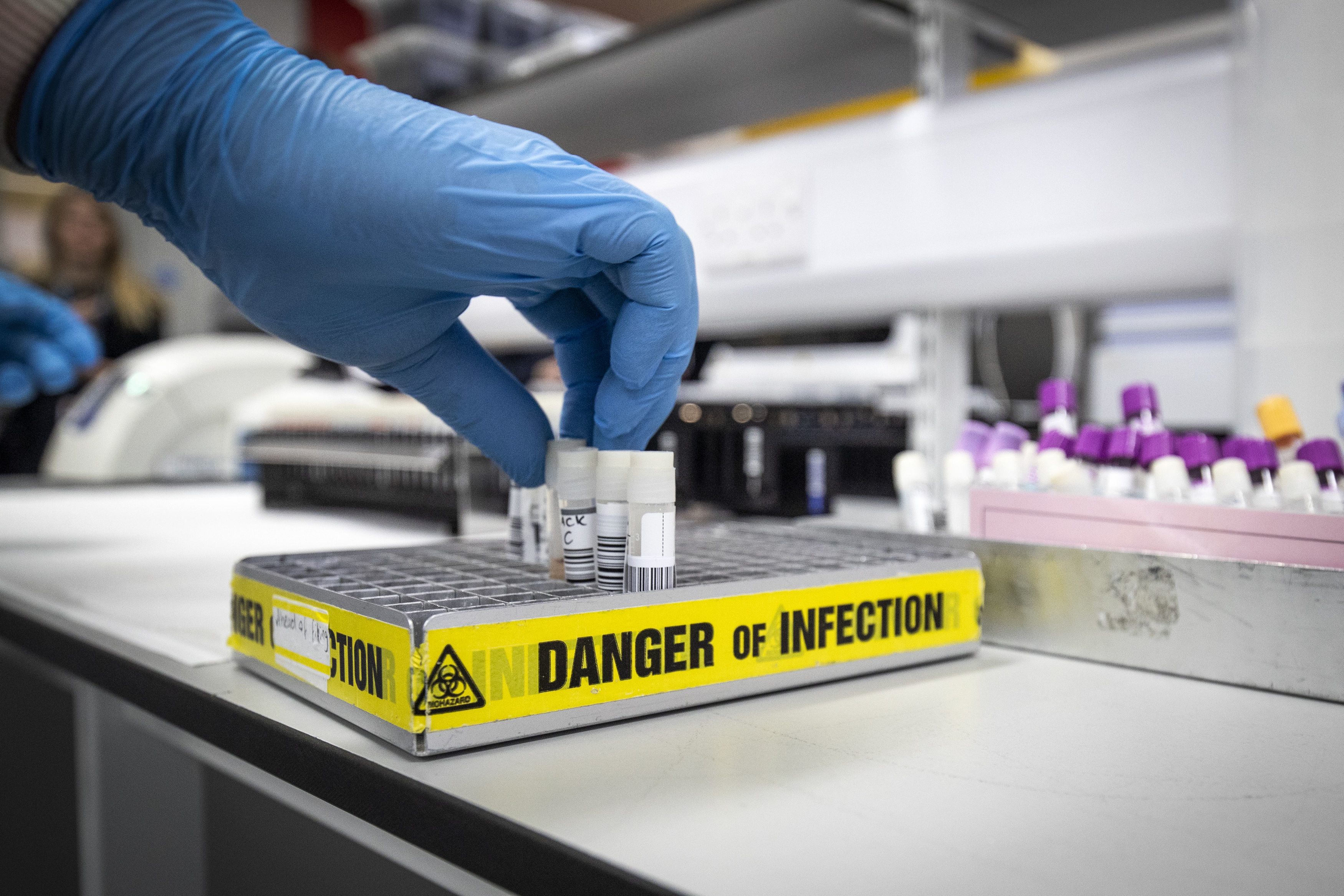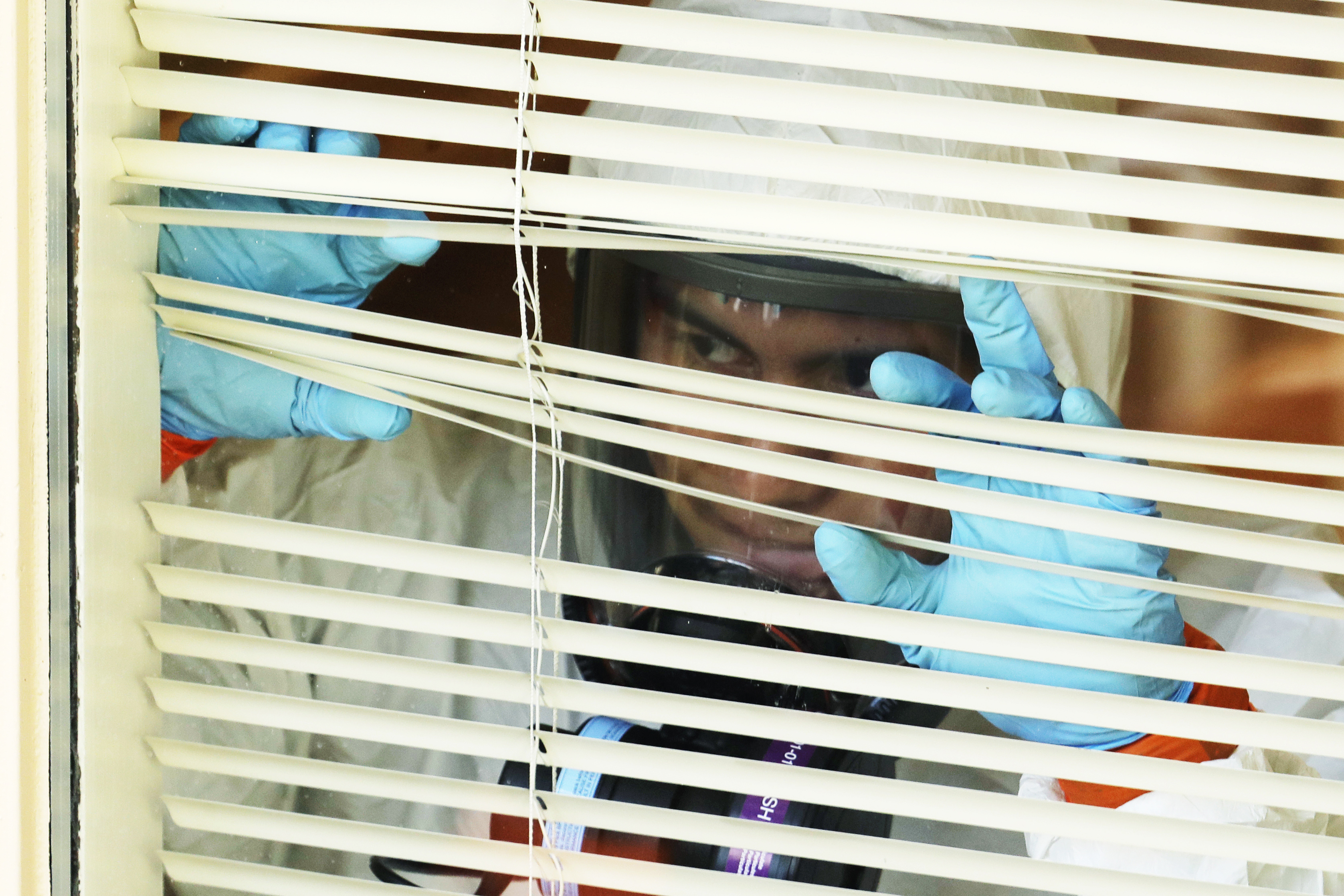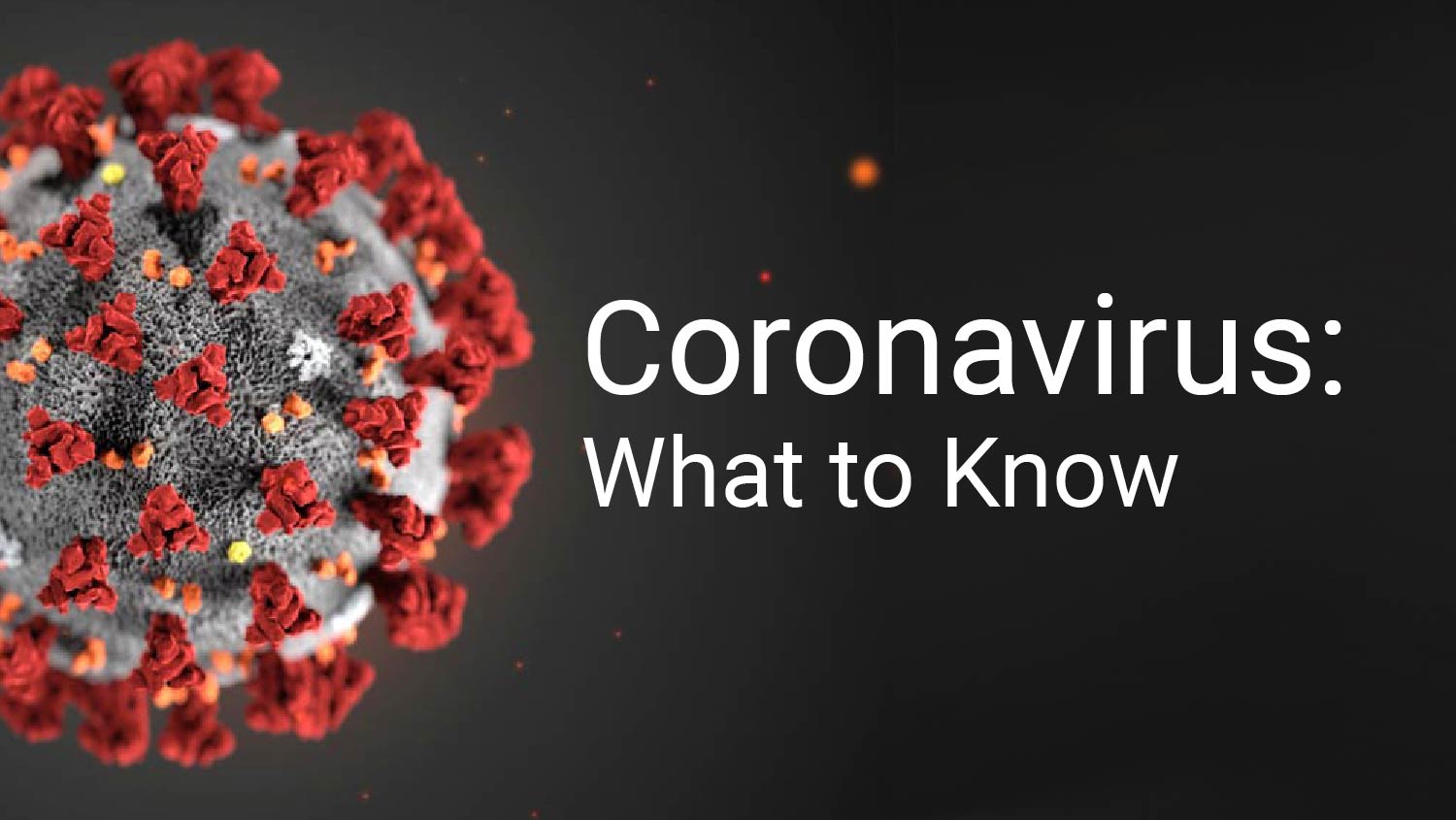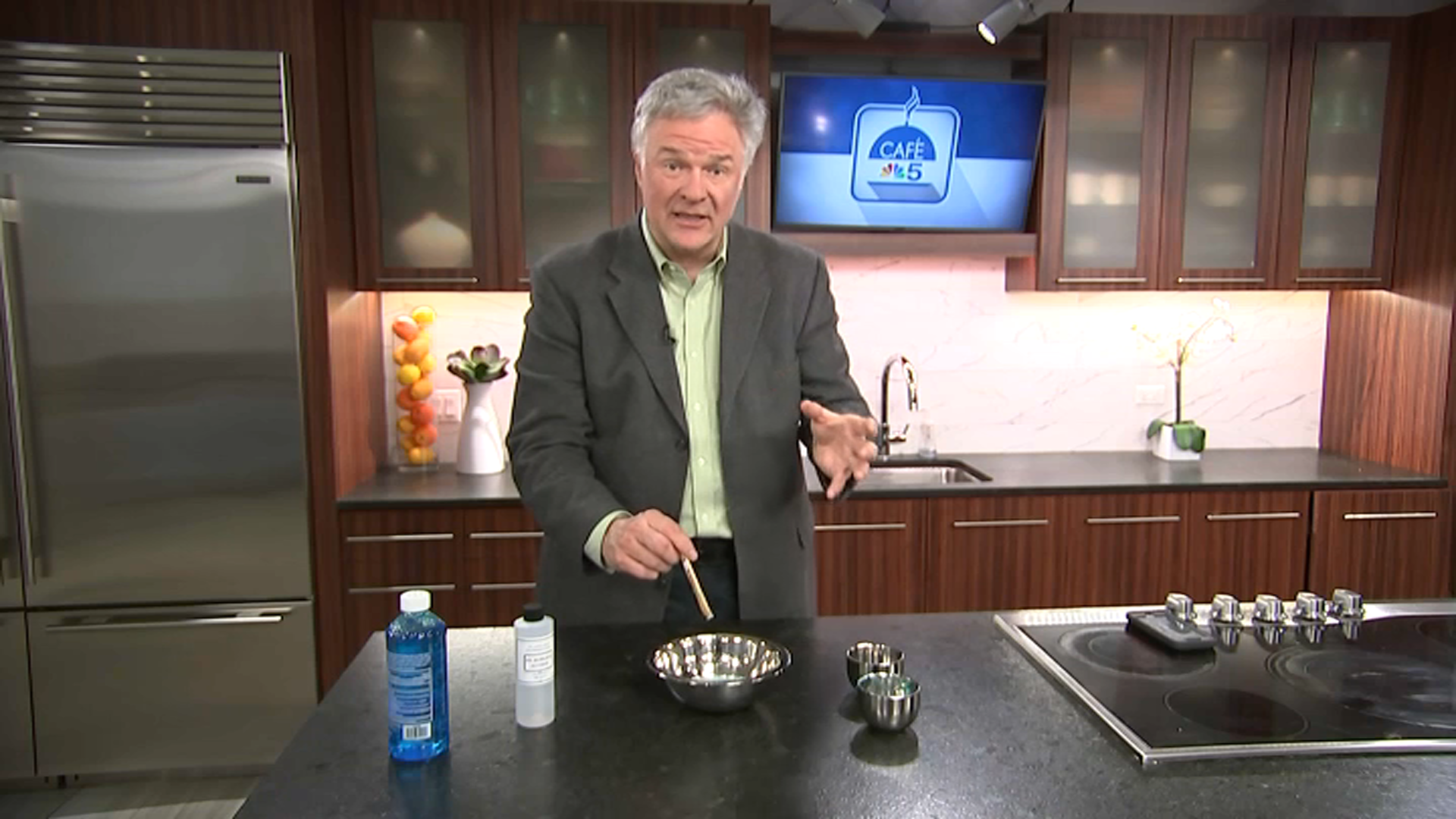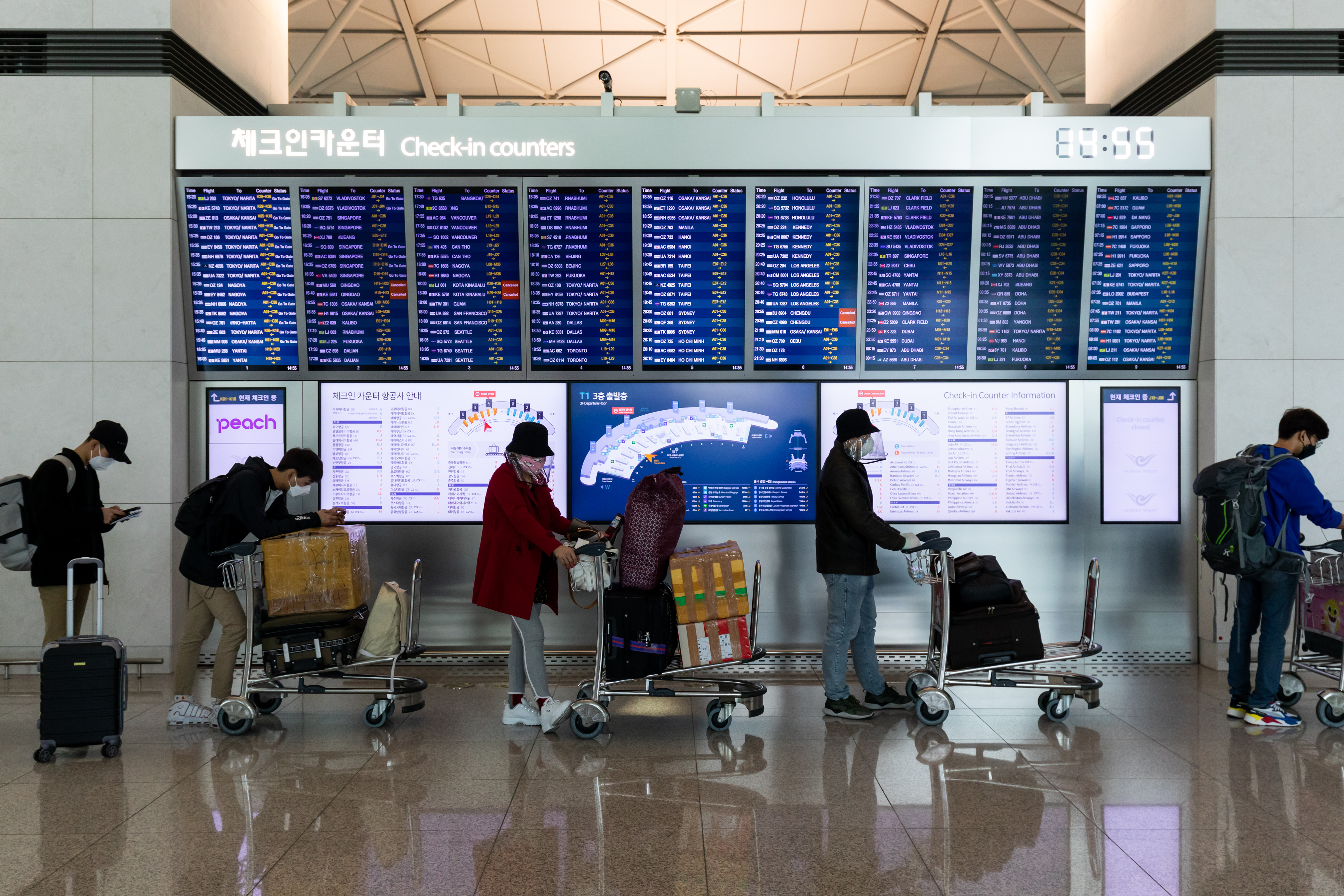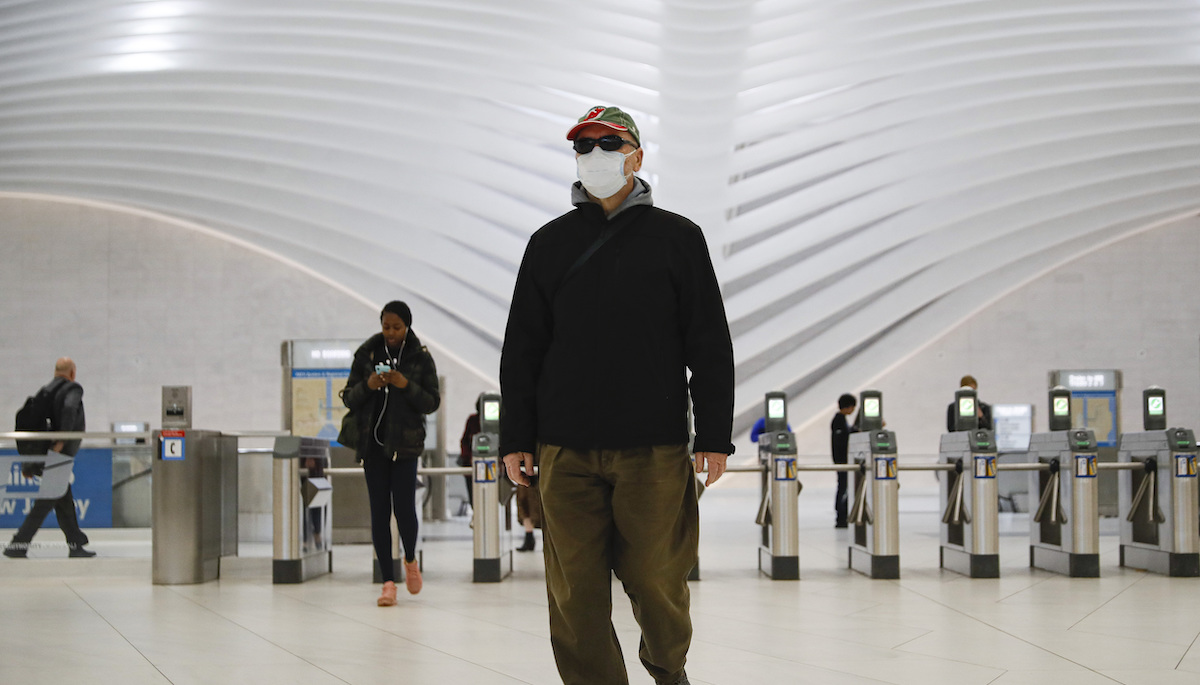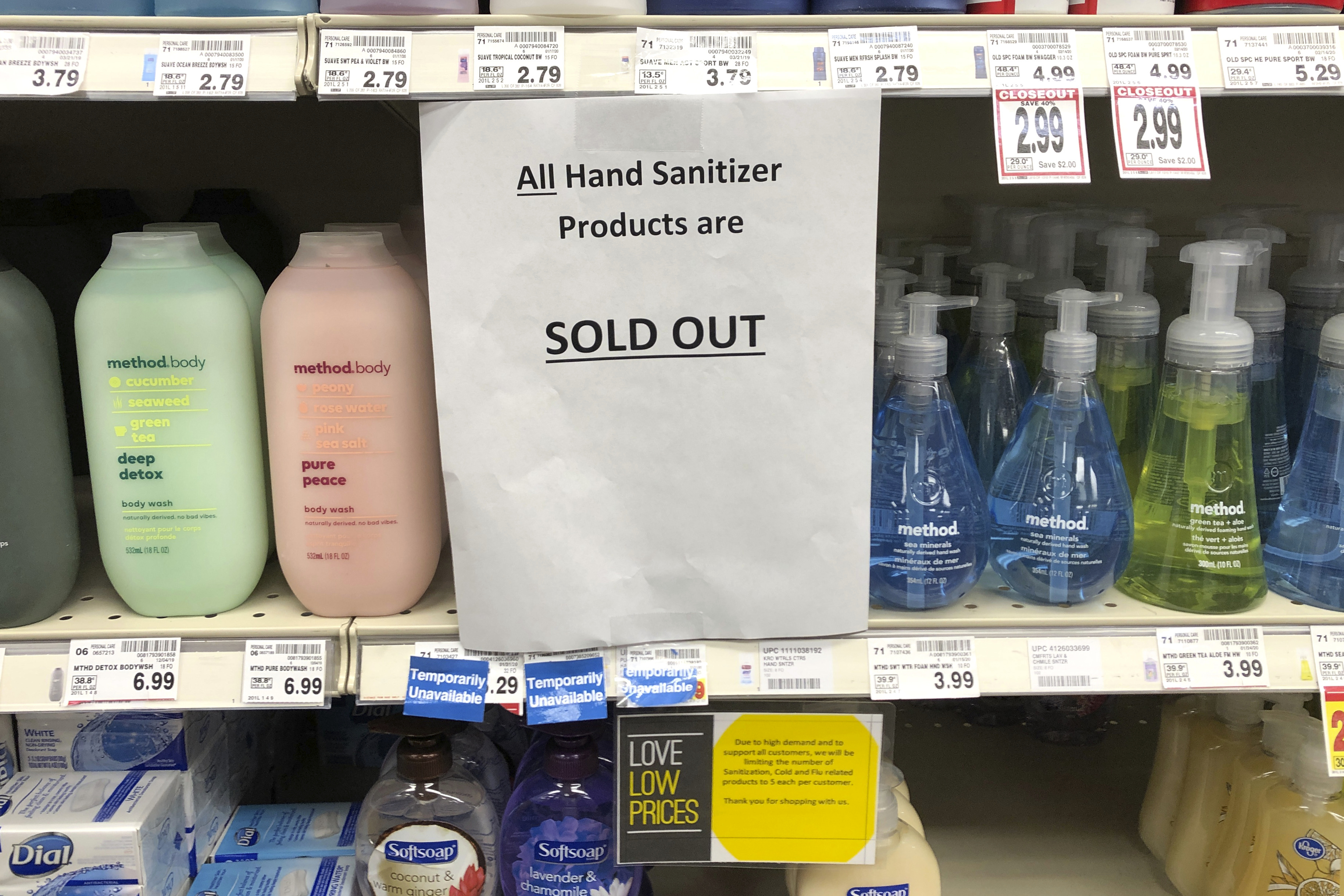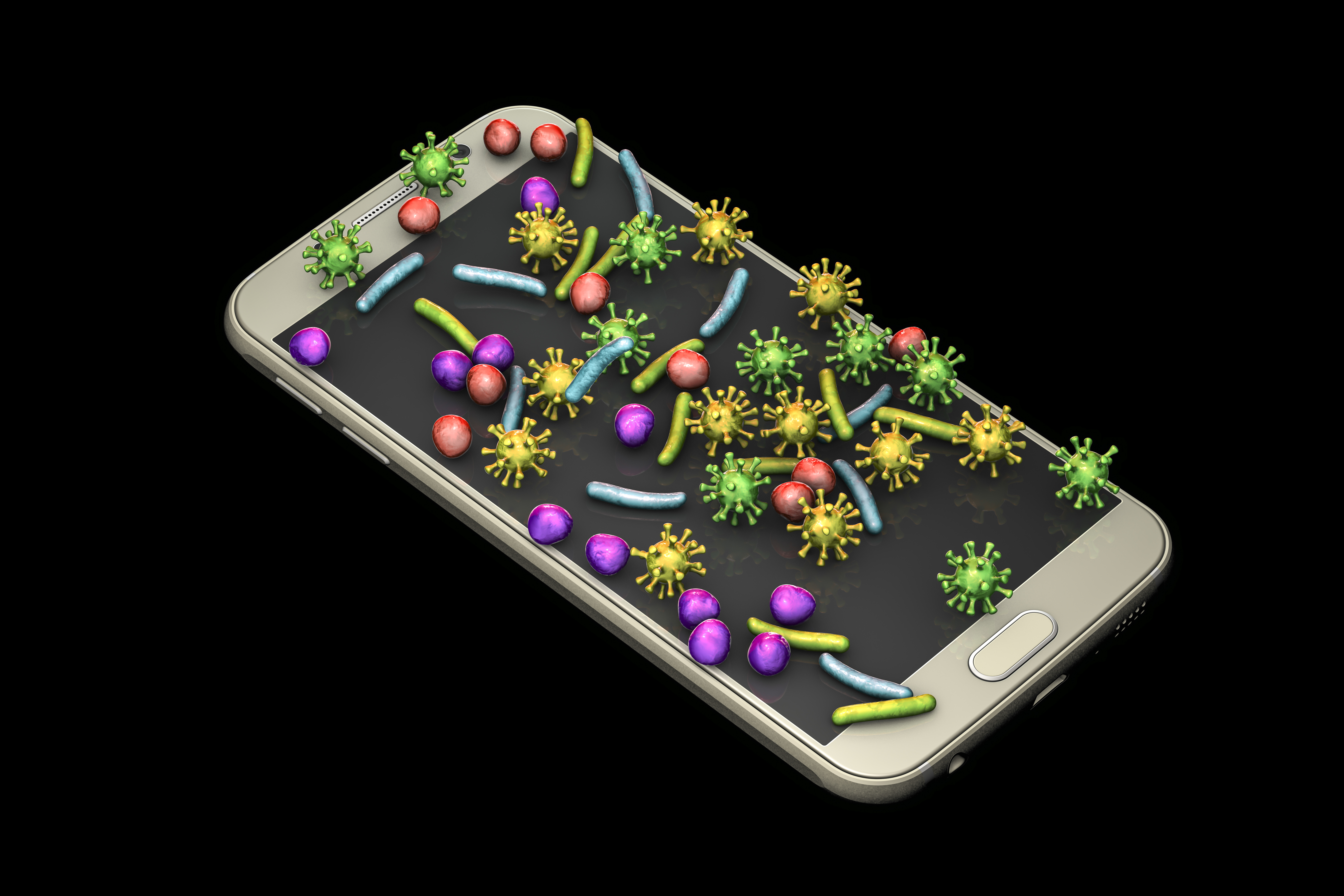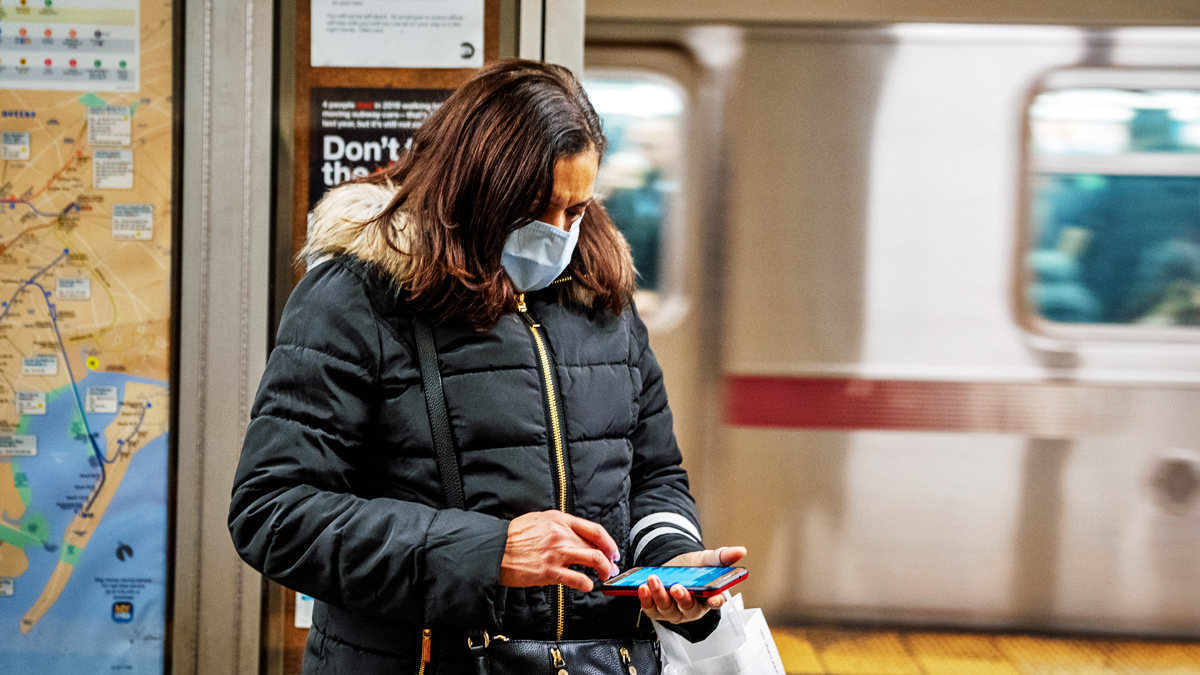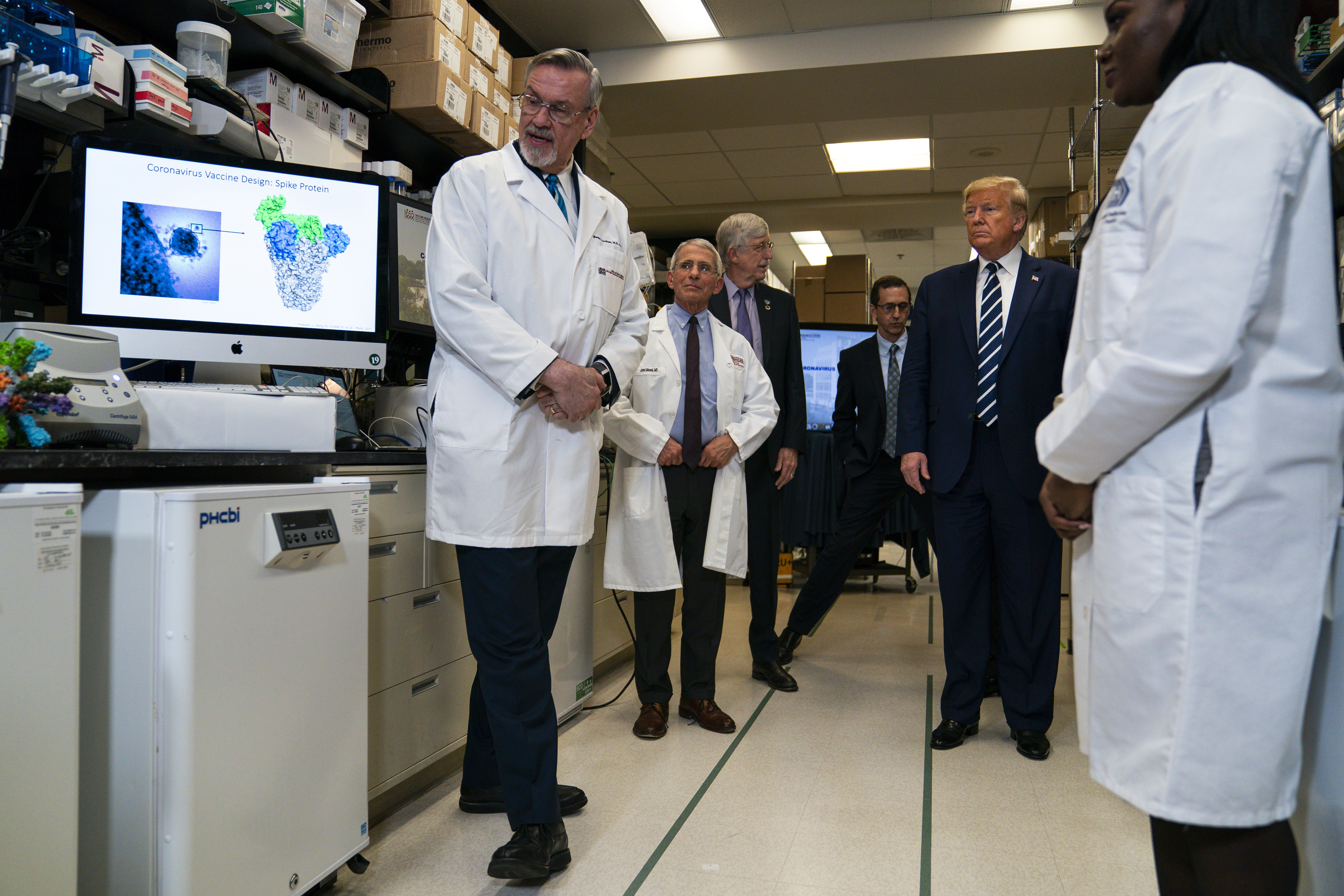What to Know
- U.S. coronavirus cases have surpassed 1,000; more than three dozen people have died, including one man in New Jersey
- The state of New York has more than 300 cases and is the 2nd most impacted state in the U.S. next to Washington state; the lion's share of those cases is in Westchester County
- Governors in New York and New Jersey have declared states of emergency; Connecticut has five presumptive positive cases
UPDATE: NYC Limits Crowds, Preps for New Case Surge as Weary Nation Fights to Curb Pandemic
New York City Mayor Bill de Blasio declared a state of emergency for the city on Thursday, banning large crowds and predicting that 1,000 cases of COVID-19 could surface by next week.
In terms of new cases for the city on Thursday, the total nearly doubled overnight to 95 — numbers de Blasio called "striking and troubling," but expects them to get much higher. Of those, 25 are located in Manhattan, 24 in Brooklyn, 17 Queens, 10 in the Bronx and five on Staten Island. It was not immediately clear in which borough the other 14 were located.
"This is going to get a lot worse before it gets better," Mayor de Blasio said in an afternoon press conference. "This is going to be a long, painful episode."
Of the nearly 100 infected people, 22 are in hospitals, according to officials. The rest are in isolation at their homes and are said to be "doing well." There were 29 people in the city under mandatory isolation, with more than 1,700 in voluntary isolation, de Blasio said.
"The only analogy for this, is war," de Blasio said.
The mayor said that it is possible the city will be dealing with immediate effects of the coronavirus outbreak for the next six months. Large event spaces like Madison Square Garden, Barclays Center and Radio City Music Hall will likely not be hosting events into September, the mayor said.
"I don't think, for most of us even who have been in public life a long time, we have seen a situation quite like this, where we receive extraordinary new information on what feels like an hourly basis. The last 24 hours have been very, very sobering," the mayor said. "Yesterday morning feels like a long time ago ... Last night, it seems like the world turned upside down just in the course of a few hours."
Coronavirus Impacts
Earlier in the day, Gov. Andrew Cuomo shut down Broadway theaters for a month and banned all gatherings to crowds of less than 500 people as the state grapples with the ever-worsening COVID-19 outbreak.
Declaring coronavirus a "public health emergency," Gov. Andrew Cuomo issued the new directives effective immediately for Broadway and effective for 500-person gatherings effective Friday. In New Jersey, Gov. Phil Murphy said he recommends limiting public gatherings to half that number. Click here for more details on the pandemic's ramifications for your daily life.
Events like concerts, parades, sporting events, rallies and professional conferences will all be canceled, according to the governor and the mayor. Both the city and the state will be enforcing the measures, withe de Blasio saying units such as the NYPD, FDNY, Department of Buildings and Department of Health being the ones who would monitor such activities. Fines could be issued for those who go against the order.
The mayor said not having those kinds of events is "going to be a hole in our lives. It's painful, it's something we'd never want to do, but it's something we have to do."
As for how agencies would go about avoiding having crowds in large public places like Times Square or Bryant Park, the mayor said that "people themselves are already acting" in ways that wouldn't make enforcement necessary, as those areas have seen less people in recent days as it is.
Smaller venues, like meeting halls, bars and restaurants, will be required to only operate at half their maximum occupancy. De Blasio said doing so would allow for more space between patrons, and acknowledged that some businesses may choose to close altogether rather than partially function.
The mayor said that they are going to try their "damnedest" to keep New York City schools open as long as it's possible. There were two public schools in the city closed due to the outbreak, but others remained open.
One of the new New York City cases appears to be a Bronx student who self-reported a positive COVID-19 test. De Blasio said two co-located schools in the Bronx closed as a result.
Both schools — Laboratory School of Finance and Technology and South Bronx Preparatory — will be closed for at least 24 hours as city officials work to disinfect the buildings and trace the student's contacts. The Bronx Charter School, loceted across the street from the others, told NBC New York that it will be closing down entirely until at least Monday.
"We don’t make this decision lightly, and we know the disruption and anxiety this means for students, faculty and parents," the mayor said in a statement. "We are taking every precaution to keep people safe, and we will keep everyone informed as we learn more through the day.”
A Brooklyn College student was also tested positive for COVID-19, the school confirmed in its school closure announcement. The student was last on campus on March 3 and did not develop symptoms until March 5. She is under medical care in the hospital.
In addition, a student at New Dorp High School, and Hungerford Building, on Staten Island has been tested positive with the coronavirus and NYC Public Schools say the buildings will be closed on March 13. Get full details on those closures and other school impacts across the tri-state here.
Tracking Coronavirus in Tri-State
Extracurricular and other school functions — PASL games and matches, assemblies, PTA meetings, plays and recitals, parent-teacher conferences — will all be canceled.
Also remaining in operation were the city's subways, which the mayor and the MTA said will continue to run on a regular basis, but a reduction in service could take place in the coming days or weeks. A spokesperson said that there have been daily declines in ridership, which the agency expects to continue decline, and it will "monitor the situation closely."
As part of the state of emergency declaration, the mayor detailed what measures could be taken by the city in order to help contain the outbreak. While the mayor made it clear that none of them have yet been put into place, some of the possible actions include:
- Enacting a city-wide curfew
- Controlling which vehicles can enter and leave parts of city
- Closing down public transportation
- Ordering hospitals to postpone elective surgeries
- Putting rations on certain supplies
- Suspending sales of alcohol, firearms and other items
- Prohibiting or restricting number of people on streets and public places
- Regulating or closing public spaces
- Enacting emergency shelters
- Limiting maximum building occupancies
A senior NYPD said there are "no plans whatsoever" to shut down transit or movement to or from the city, adding that there is no truth to messages getting sent around that suggest an NYC shutdown is being planned.
NYPD Commissioner Dermot Shea said the department had been running some table-top exercises for various scenarios and incidents, saying the have to "prepare for any eventualities."
Overall, the state of New York sits at 328 confirmed cases as of Thursday afternoon, trailing only Washington state as America's most impacted state.
As of Thursday afternoon, New York had 112 new total cases, Cuomo said. Nassau County added another 13 cases, bringing its total to 41, while Orange and Dutchess counties were among the new counties to report their first positives. New Jersey has more than two dozen cases. Connecticut has five presumed positives -- at least three of them in Fairfield County. See a tri-state case breakdown here.
Just under than half of New York state's cases are in Westchester County, where the midtown Manhattan lawyer linked to what Cuomo has described as the "most significant cluster" in the nation lives with his family in New Rochelle. He was the second confirmed case in the state, its first known instance of community spread and is one of few still hospitalized.
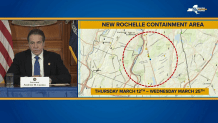
Despite an influx of millions of dollars the CDC announced would be coming to state and local jurisdictions on Wednesday, Cuomo blasted the federal government for its testing preparation and response, describing it as the "public health version of Hurricane Katrina."
Mayor de Blasio echoed the governor's frustration, saying that shutting down events and taking the drastic measures will only be effective if the states, and the city, can have access to more and faster testing.
Vice President Mike Pence acknowledged on "Today" Thursday that testing has been an issue since the start of the outbreak. He also said every state now has testing capability at state labs, and that the U.S. is working to expand number and access to coronavirus tests in all 50 states, also via commercial and private labs like Labcorp and Quest.
Latest Coronavirus News
Cuomo has been aggressive about state testing, including coordinating with dozens of private labs, for weeks -- and he said state governments should continue to take more control of their response to COVID-19. He has deployed the National Guard to New Rochelle, the hotbed of the New York outbreak, and established a one-mile radius containment zone around the most infected parts of that community to help contain the spread. State officials said Thursday they were setting up a mobile coronavirus testing site in Glen Island Park in New Rochelle.
That containment zone, which takes effect Thursday and will remain in effect for two weeks, through March 25, is not a lockdown, officials have stressed. Those who aren't quarantined will be able to leave their homes and go to work or elsewhere. Local businesses can remain open. People are free to walk the sidewalks. It's part of Cuomo's three-pronged strategy to contain COVID-19 spread in the state: testing, reduced density and communication.
Coping With the Outbreak
The city has issued new guidelines for commuters, including suggesting people telecommute and avoid crowded trains if possible. New York is making its own hand sanitizer. The U.S. State Department has cautioned against cruises, particularly for people who have underlying health concerns - and President Trump took the draconian step Wednesday night of banning travel between the United States and Europe for a 30-day period.
Local governments are also implementing changes — some major, some minor — that may impact the daily lives of people who will never get COVID-19. Here's a breakdown of what's happening in that regard by state.
How to Protect Yourself
New York City's Health Department released the following guidance for people who recently traveled to China, Iran, Italy, Japan or South Korea -- or for anyone who experiences fever, cough or shortness of breath:
- Stay home — do not travel or go to work or school while sick
- Go to a health care provider and tell them about your travel history
- If you do not have a health care provider or insurance, call 311
- Avoid contact with others
- Wash hands often with soap and water for at least 20 seconds. Use an alcohol-based hand sanitizer if soap and water are not available
- Avoid touching your face with unwashed hands
The New Jersey State Department of Health has established a 24-hour coronavirus hotline to answer questions: 800-222-1222. New York has a similar hotline set up: 888-364-3065.
What to Know
Nationally, the CDC says that as of Thursday evening, it had 1,215 cases and 36 deaths reported from 38 states and Washington, D.C. In mnearly 1,000 of those cases, authorities still don't know how the virus was contracted. That total number is only updated once a weekday though and reporting closes out at 4 p.m. the day before. The actual case total could be higher.
As of Thursday evening, NBC News reported more than 1,500 cases and 40 deaths nationwide; 30 of the fatalities have been in Washington state, where America's very first case was reported.
Quick Tips to Help Keep You Safe
The market is feeling the strain. Stocks plunged Monday — plummeting so sharply and quickly that a circuit breaker was triggered, which halted trading for 15 minutes, leading to Wall Street's worst one-day beating since the global financial crisis of 2008.
They rebounded a little on Tuesday, but sank once again Wednesday more than 1,400 points, with those losses dragging it 20 percent below the record set last month and put the index in a bear market. Stocks plummeted again Thursday, triggering another circuit breaker that halted trading completely for 15 minutes -- reaction to WHO declaring COVID-19 a pandemic and unprecedented global measures to try to curb its spread.
Latest Guidance and What's Next
Help may be on the way. President Trump has signed an $8.3 billion measure to fuel national efforts to combat the spread. The legislation provides sustenance for a multifaceted attack -- money for vaccines, tests, potential treatments and to help local governments respond to the virus.
Worldwide, the virus has infected more than 125,000 people and killed more than 4,600. CDC officials warned for weeks to expect a disruptive spread of the virus in America. Here's where we stand now as far as developing a vaccine. On Wednesday, the World Health Organization said it had made the assessment that COVID-19 could be characterized as a "pandemic."

